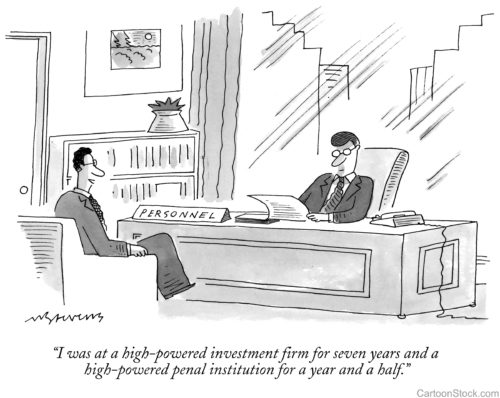
[Phone rings]
Ann: “Cutting Edge, this is Ann.”
Customer: “Okay, got it. Forms are up to date. Check. Keep an eye on rapidly-changing marijuana laws. Check. Follow the FCRA or risk a class action lawsuit. Check. IS THERE ANYTHING ELSE?” Customer turns purple.
Ann: (Fights urge to point out that she doesn’t make the rules, just ensures that her customers are aware) “Well, let’s take a quick look at Ban-The-Box.”
Customer (collapses in a heap): “Not Ban-The-Box. . .”
It’s here to stay gang, and it’s only gaining traction.
Nationwide, 35 states, the District of Columbia and 150 cities and counties have adopted what is widely known as “Ban-The-Box”, so that employers consider a job candidate’s qualifications first—without the stigma of a conviction or arrest record.
13 states (California, Colorado, Connecticut, Hawaii, Illinois, Massachusetts, Minnesota, New Jersey, New Mexico, Oregon, Rhode Island, Vermont and Washington) and 18 cities and counties have mandated the removal of conviction history questions from job applicants for private employers.
Seventy-five percent (75%) of the U.S. Population lives in a jurisdiction that has banned the box. In other words, now over 258 million people in the United States live in a jurisdiction with some form of ban-the-box or fair-chance policy.
More jurisdictions are also adopting policies that do more than ban the box. Robust fair-chance hiring laws delay records-related inquiries until after a conditional offer of employment and require employers to consider the job-relatedness of a conviction, time passed, and mitigating circumstances or rehabilitation evidence.
For more information on fair chance initiatives where you do business, check out https://www.nelp.org/publication/ban-the-box-fair-chance-hiring-state-and-local-guide/.
You can also call us at (714) 587-9166, or email Support@CEBackgroundChecks.com.
